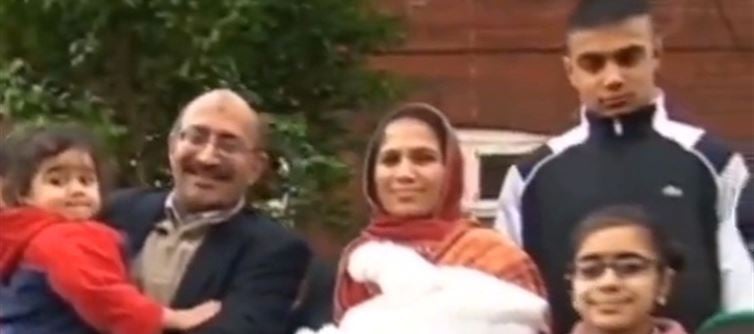
However, the situation becomes more complex when considering the family’s reported lack of employment. With neither parent working, questions naturally arise about how the household is financially sustained. In the UK, where social welfare systems exist to support families in need, such scenarios often become lightning rods for political and social commentary. Critics may argue that intentionally growing a family without means of self-sufficiency places undue strain on public resources, while others might point out the need for empathy and structural understanding, including barriers to employment, education, or integration that such families may face.
At the heart of the issue is a broader societal tension between personal freedoms—such as religious expression and family planning—and collective responsibilities in a welfare state. While families have the right to make choices based on faith and values, those choices do not occur in a vacuum; they intersect with public policy, economic sustainability, and community cohesion. The case of Muhammed and his family exemplifies the need for thoughtful, inclusive dialogue around how society balances individual rights with broader social expectations, especially in increasingly multicultural and economically diverse environments.




 click and follow Indiaherald WhatsApp channel
click and follow Indiaherald WhatsApp channel